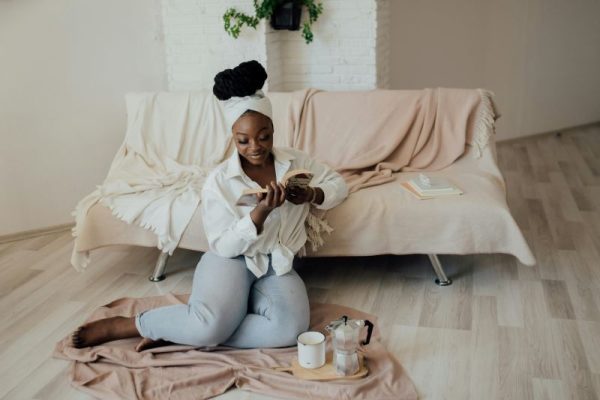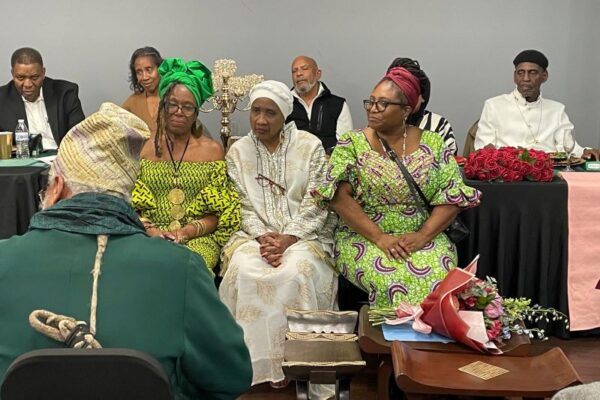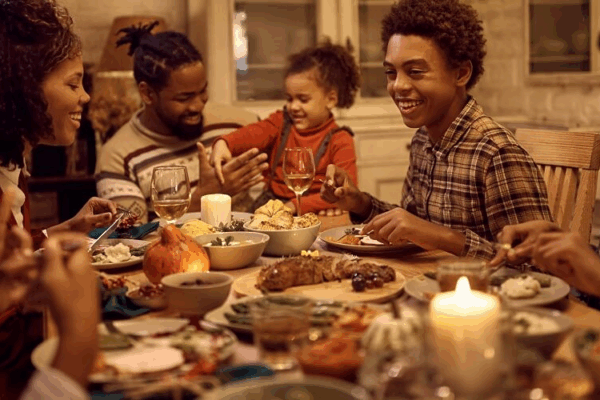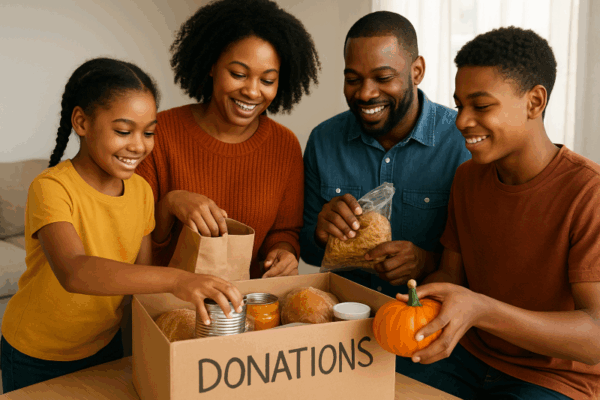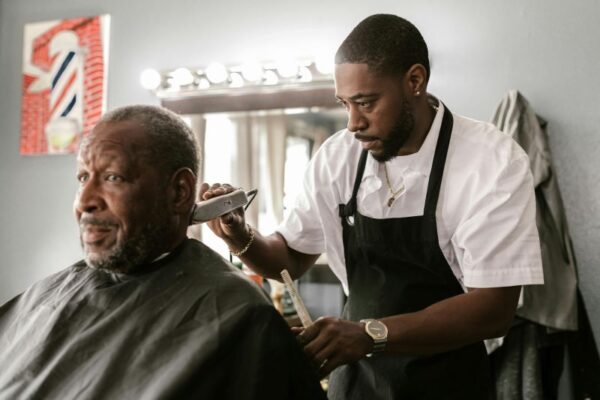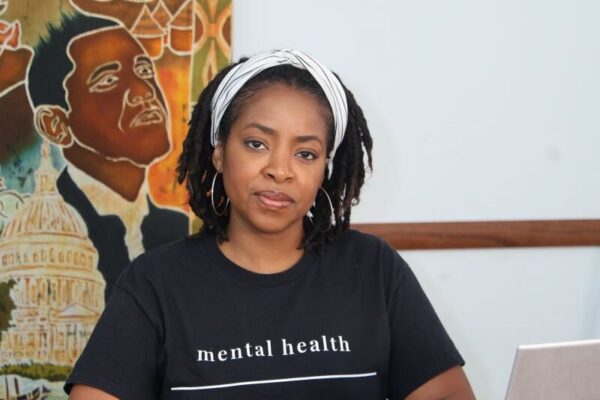
Single On Valentine’s Day: How To Survive The Most Romantic Day Of The Year
As the calendar inches closer to February 14, some hearts around the world are beginning to beat a little faster, and singles are already having FOMO (fear of missing out). Just a month ago, in December, they had to deal with couples in matching Christmas-themed pajamas flooding social media with lovey-dovey photos.

